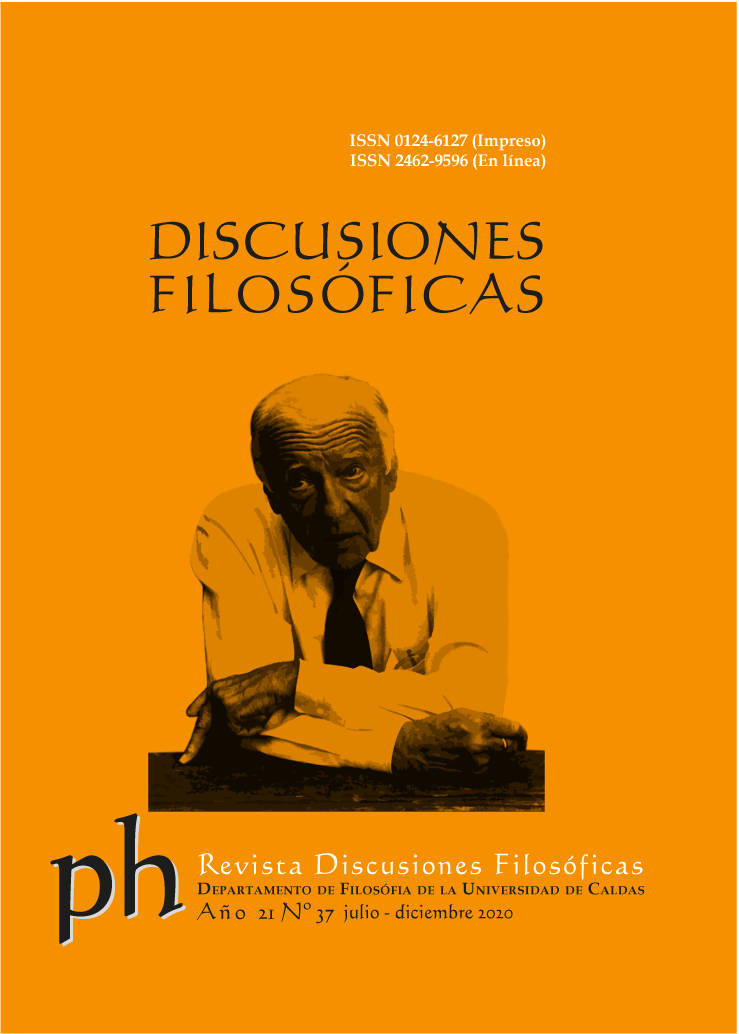Authors
Abstract
In this paper I examine the main epistemological ideas in a debate initiated by Thomas Lee (2006) in which he advanced some criticisms against the 2002 FASB’s proposal to formulate principle based accounting standards (PBAS) and made some remarks on certain problems strictly epistemological. In particular, Lee discussed realism, the nature of accounting facts, the notion of “representational faithfulness” and the epistemological views that he considered more promising to illuminate the theoreticalpractical activities of accounting. For this analysis I take into account the contributions, arguments and counter-arguments by Lee, Macintosh and Mattessich. After presenting their main views, I evaluate the discussion and analyze the merits of each perspective. I conclude by showing that, from an epistemological viewpoint, Mattessich’s statements are better informed and rest upon stronger and better articulated arguments on aspects as the nature of the relationship between accounting theory and the facts treated by it, the role of accounting information, the notion of “representational faithfulness” and the referential character of the accounting concepts.
References
Austin, John L. How to do things with words. Glasgow: Oxford University Press, 1962.
Berger, Peter L. y Luckman, Thomas (1968). La construcción de la realidad social. Buenos Aires: Amorrortu.
García D., Carlos E. Epistemología de la Contabilidad. Una introducción crítica. Manizales: Universidad de Manizales, 2019.
Lee, Thomas A. A systematic view of the history of the world of accounting. Accounting, Business & Financial History. 1 (2), 1990: 73–107.
Lee, Thomas A.“The FASB and Accounting for Economic Reality”. Accounting and the Public Interest, vol. 6, 2006, pp. 1-21.
Lee, Thomas A.. “The Ontology and Epistemology of Social Reality in Accounting According to Mattessich”. Accounting and the Public Interest, vol. 9, 2009, pp. 65-72.
Macintosh, Norman B., Shearer, Teri, Thornton, Daniel B., Welker, Michael. “Accounting as simulacrum and hyper-reality: perspectives on income and capital”. Accounting, Organizations and Society, vol. 25, 2000, pp. 13-50. https://doi.org/10.1016/S0361-3682(99)00010-0
Macintosh, Norman B.. Accounting and the Truth of Earnings Reports: Philosophical Considerations. European Accounting Review. Vol. 18, 2009, no. 1, pp. 141-175.
Macintosh, Norman B. “Accounting-Truth, Lies or ‘Bullshit’? A Philosophical Investigation”. Accounting and the Public Interest, vol. 6, 2006. pp. 22-37. https://dx.doi.org/10.2139/ssrn.1006875
Mattessich, Richard. “FASB and Social Reality – An Alternate Realist View”. Accounting and the Public Interest, vol. 9, 2009, pp. 39-63.
Mouck, Tom. “Institutional reality, financial reporting and the rules of the game”. Accounting, Organizations and Society, vol. 29, 2004, pp. 525–541. https://doi.org/10.1016/S0361-3682(03)00035-7
Russell, Bertrand. “On denoting”. Mind Vol. 14, No. 56, 1905, pp. 479-493.
Searle, John. The Construction of Social Reality. Free Press, 1995.
Searle, John. Making the social world. The structure of Human Civilization. Oxford University Press, 2010.
Strawson, Peter F. “On referring”. Mind, vol. 59, no. 235, 1950, pp. 320-344.

 PDF (Español)
PDF (Español)
 FLIP
FLIP





























